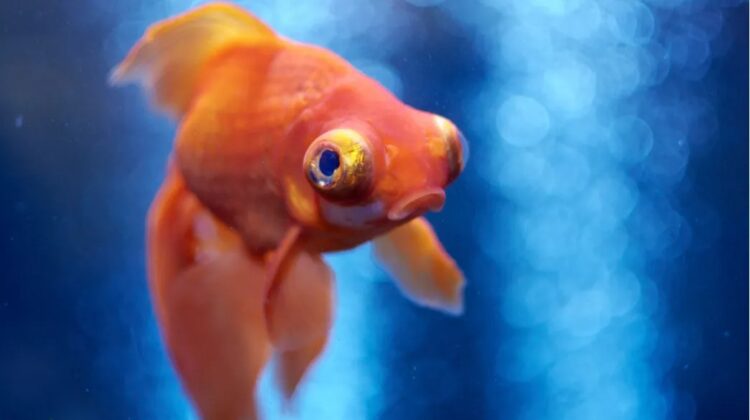
People who fish for recreation frequently tell concerned animal welfare advocates that fish cannot feel pain and have no nerves in their mouths. Lynne Sneddon of Liverpool University, in a new review published in Philosophical Transactions of the Royal Society B, debunks this myth, pointing out that our oceans’ scaly inhabitants feel pain in the same way that we do.
Marine shiner perch, which feed by suction, feed less after being caught with a fishing hook than when caught in a non-harmful manner. Goldfish exposed to electric shocks in a feeding area of their tank will avoid the area for three days, demonstrating the long-term effects of pain.
Extreme heat has a negative effect on zebrafish and goldfish behavior, which is alleviated with pain relief drugs.
Several fish species have been observed to change their behavior following a traumatic experience. They may become less active, stop feeding, hyperventilate, or even rub the affected area on something, similar to how we might rub a sore finger.
“When the fish’s lips are painfully stimulated, they rub their mouths against the side of the tank, much like we rub our toes when we stub them,” Sneddon explained in a statement.
These pain reactions are costly to the fish because it consumes less food and expends energy attempting to alleviate the pain. Changes in behavior following painful experiences are weakened when the fish are given painkillers, indicating that pain is the cause of any behavioral anomalies.
Sneddon observes that, while fish and mammals share pain similarities, fish live in a different environment than terrestrial mammals and are thus exposed to different pain-inducing hazards. On the ground, for example, gravity poses a risk because we could fall over and injure ourselves.
Many fish, however, have swim bladders that allow them to control their buoyancy. So tripping and hitting your head isn’t an issue for a fish. Nonetheless, Sneddon writes that it would be interesting to study pain perception in fish that live on the ocean floor.
In terms of animal welfare, Sneddon emphasizes the importance of understanding that fish, like mammals, feel pain. “If we accept that fish feel pain, it has significant implications for how we treat them. Fish should be handled with care to avoid damaging their sensitive skin, and they should be caught and killed in a humane manner “She stated.
We frequently underestimate fish because we are so dissimilar to them. No, a goldfish’s memory does not last three seconds; it lasts approximately five months. Meanwhile, fish are far more intelligent than we give them credit for. Last year, the bluestreak cleaner wrasse became one of only a few mammals to pass the mirror test, which means they recognized themselves in a mirror. This may not seem like much, but it suggests self-awareness, which is a sign of intelligence.
Fish appear to be more similar to humans than we would like to believe.

Leave a Reply